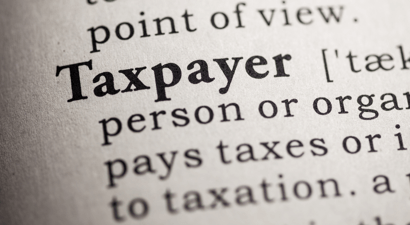The postponement of the budget speech which was set to take place on Wednesday 19 February 2025 has left the country questioning exactly what could have been in the budget that was so controversial that the speech could not go ahead but had to be postponed until 12 March 2025.
Initial rumours were that the Treasury intended on, amongst other things, raising the rate of VAT by two percent to 17%. This new rate of VAT would have an effective date of 1 April 2025.
As the dust settles more and more news is coming out that this was indeed the sticking point by members of the government of national unity.
The question is then, what could a two percent increase in VAT look like?
The Consequences:
The first and most obvious impact would be an immediate increase in the price of goods and services for consumers. If an item cost you R115 previously, that same item would now cost R117. These price increases would therefore increase the cost-of-living which low-income households would feel the most. It would appear that this measure, to some extent, would have been addressed by the extension of the zero-rating provision to certain foodstuffs.
Businesses, especially small to medium businesses which may not have the excess administrative capacity, would experience an increased administrative burden in having to adjust the prices of their goods and services and effect these changes on their accounting systems. In certain low-margin competitive industries, businesses may struggle against larger companies in protecting their consumers from the effect of the higher rate of VAT.
For the end consumer, higher VAT results in less disposable income which could result in a decrease in consumer spending. This in turn has the potential to stifle growth.
On the subject of growth, South Africa needs to find ways to grow the economy, thereby creating more jobs, thereby expanding the tax base, thereby alleviating pressure on government to fund its expense budget. That will however not happen overnight and it seems as if the proposed VAT hike seeks to address a short-term initiative to deal with the expense budget, including the government debt-to-GDP ratio.
Conclusion:
We caution against such drastic measures and would welcome a growth-focused budget to address a sustainable economy for all in the medium to long term. We recognise the short-term deficits but perhaps if VAT is the target, a less drastic approach could be taken while we find our feet to build a sustainable growth economy.




















